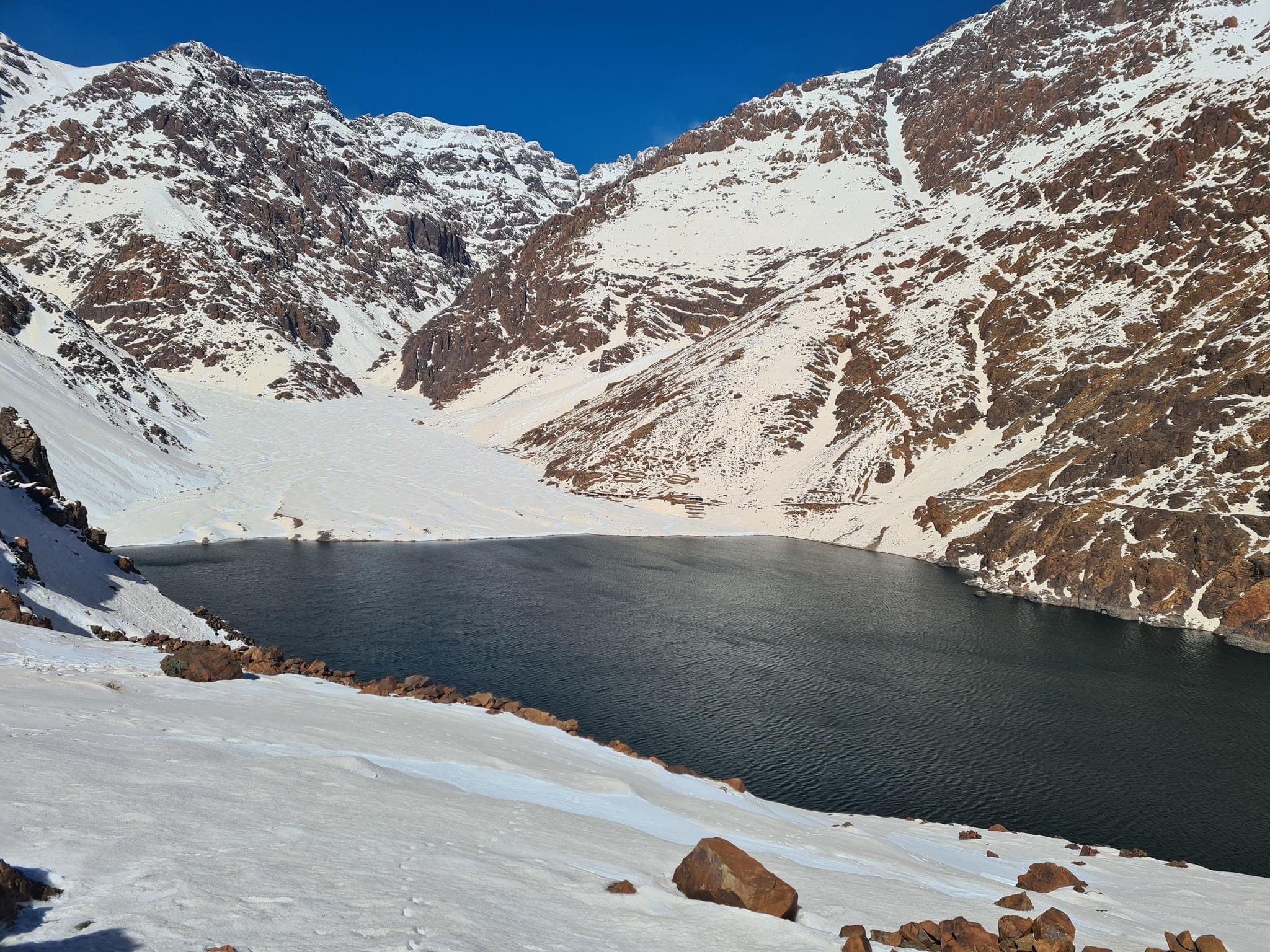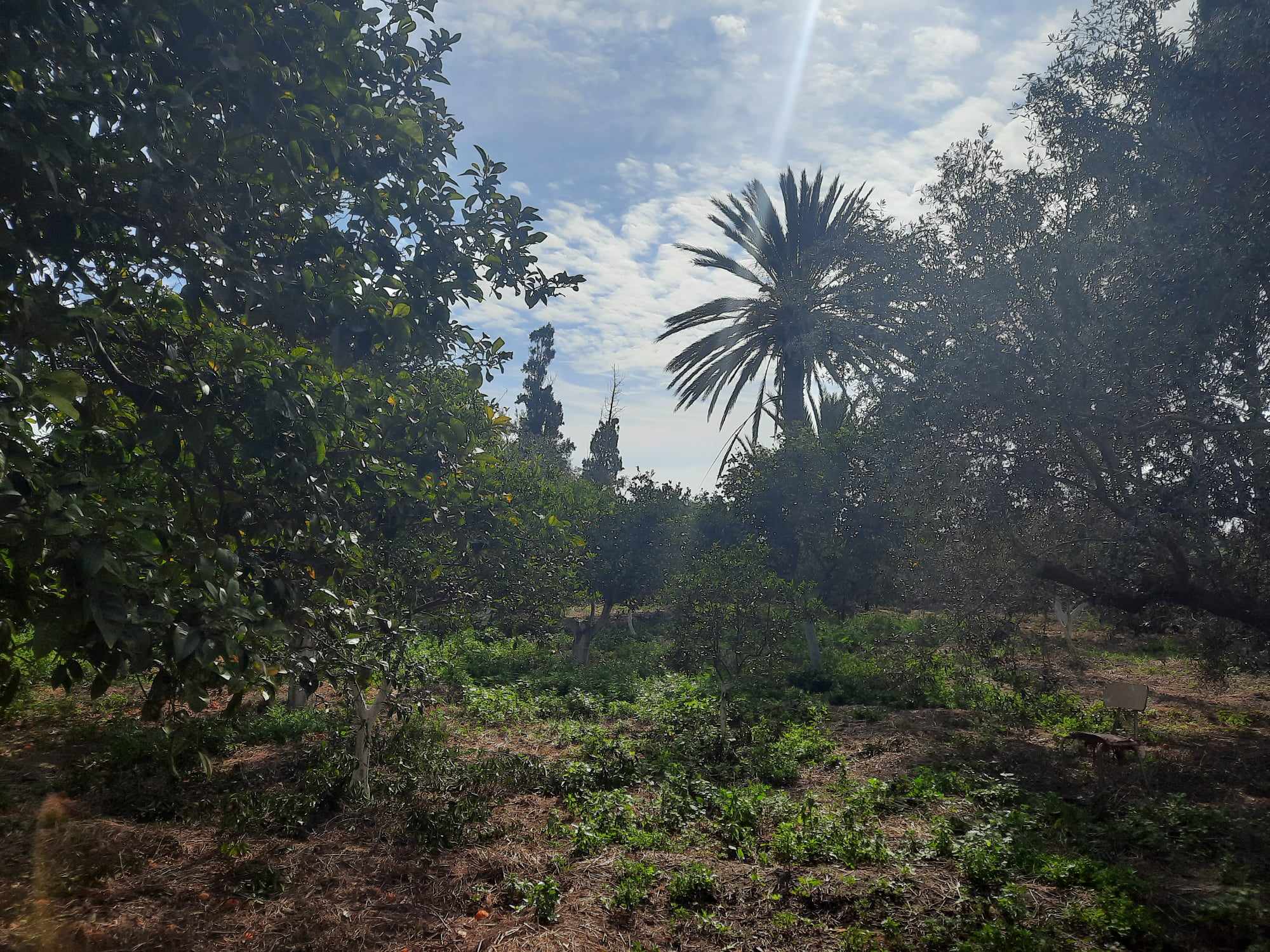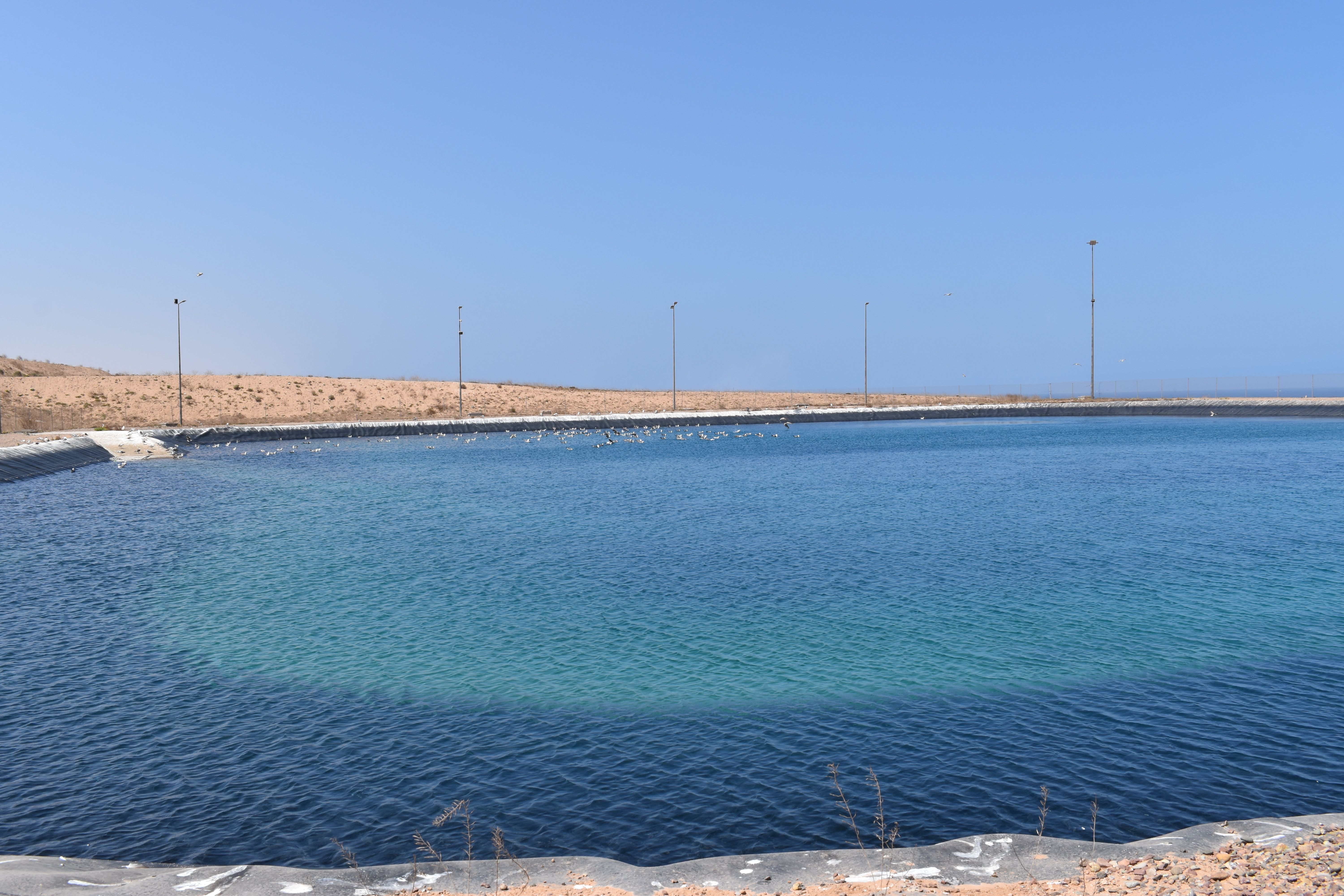Project description
AGREEMed aims to improve the capacities of water actors in developing aquifer management plans in specified pilot areas, it is targeted to have a tangible positive impact on society, economy, and environment.
AGREEMed is an R&I project funded by the European Commission through the PRIMA programme. This initiative is an annex for the Mediterranean regions in Horizon Europe, the European Commission's innovation programme. The project is coordinated by Mohammed VI Polytechnic University (UM6P).
Three pilot areas are hosting demonstration sites in Morocco, Tunisia and Jordan. Each site corresponds to a specific challenge:
- Souss-Massa basin, Morocco: Overexploitation of ground water resources.
- Jordan Valley, Jordan: Low water table and high salinity level.
- Hammamet basin, Tunisia: Competition for limited water resources between tourism and agriculture.

AGREEMed will work towards solving these issues, taking into consideration biophysical and socioeconomic features, and factors such as the complex trade-offs between disciplines within aquifers management (and water governance in general), and the recent advancements (as well as the remaining gaps) of scientific and technological achievements in water’ related disciplines.
Aquifers have strategic roles in the Mediterranean region, and in addition to the other components of the water balance, they are under various pressures with major environmental and socio-economic consequences. AGREEMed’s conceptual framework is inspired from the assumption that the combination of scientific and technological advances, along with dialogue and ecosystem integration are crucial for adaptive aquifer governance and sustainable agricultural development.
In response to this challenge and PRIMA's objectives on water management, and through the science-based assessment of major water (and groundwater) issues in the pilot areas, the AGREEMed project intends to tailor specific groundwater governance plans and design innovative solutions integrated water management and non-conventional water use.
The project’s objectives encompass the following goals:
- Deliver up-to-date and accurate scientific knowledge about key groundwater processes and their associated ecosystems in the pilot areas.
- Evaluate the current status of non-conventional water technologies in the Mediterranean region.
- Increase water availability and its efficient use in agriculture by demonstration and dissemination of technological solutions for brine management.
- Leverage the role of Nature-Based Solutions (NBS) in adaptive water governance plans within the pilot areas.
- Foster participatory approach and dialogue-based institutional solutions for integrated water resources management.
- Co-build ICT and data-based systems to help in sustainable groundwater governance.
- Foster the environmental and socio-economic footprints of aquifers governance plans
- Upscale the innovative aquifers management strategies.
The Euro-mediterranean Water Information System on know-how in the Water Sector (SEMIDE/EMWIS) is in charge of maximising the uptake and impact of AGREEMed within the Euro-Mediterranean region as well as ensuring the dissemination and exploitation of the project’s results.
The AGREEMed consortium includes 10 partners from 7 countries: Mohammed VI Polytechnic University (UM6P) and University of Ibn Zohr (UIZ) (Morocco); Water Research and Technology Center (CERTE) (Tunisia); Observatory of EU-LA Relations/Global Observatory (OBREAL/GLOBAL) (Spain); German-Jordanian University (GJU) (Jordan); Technische Universität Berlin (TUB) and DELTA Umwelt-Technik GmbH (DELTA) (Germany); Euro-Mediterranean Information System on know-how in the Water sector (SEMIDE/EMWIS) and Mediterranean Agronomic Institute of Montpellier (IAMM) (France); IRIDRA SRL (IRIDRA) (Italy).



